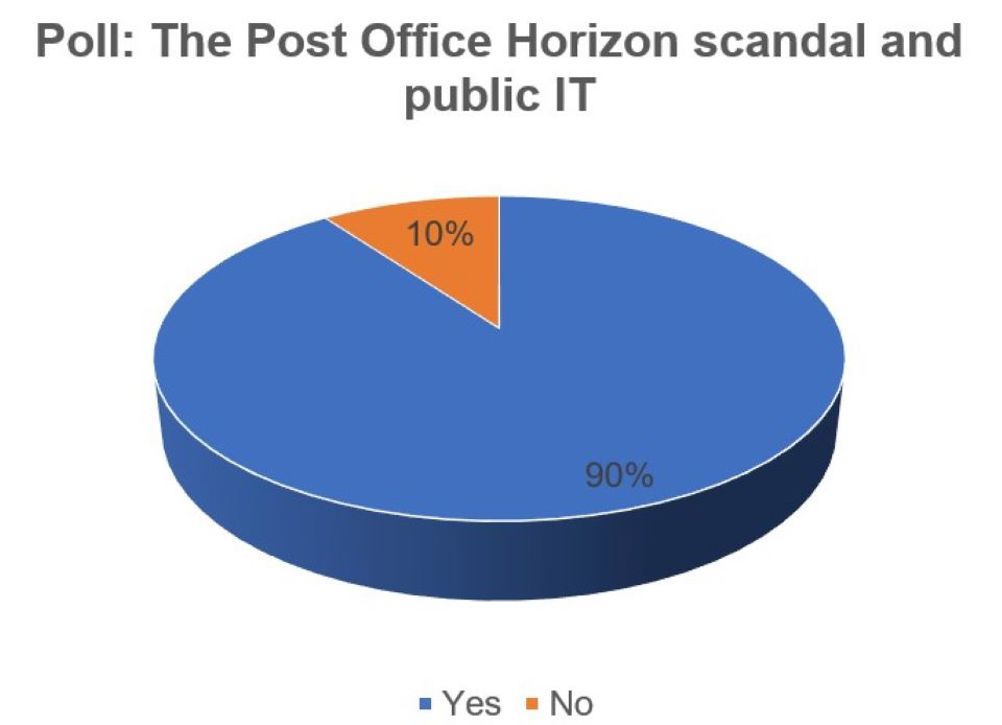
Thrust back into the public eye by the ITV drama series “Mr Bates vs The Post Office” the Post Office Horizon scandal - where hundreds of innocent sub-postmasters were wrongly accused of theft, fraud and false accounting due to a defective Fujitsu IT system - has dominated the UK headlines.
The success of the series, and the way in which it has reignited interest in an issue that appeared to be fading from public memory, is a powerful example of the important role docudrama can play in shaping the national debate. More broadly though, it has served as a sobering reminder of the perils of unquestioning faith in technology.
Given the mounting public outrage and growing talk of criminal proceedings against those involved, it’s tempting to think the chances of such an event happening again are low, but the lack of accountability thus far should give us pause for thought. Although criminal investigations are now reportedly underway, those who presided over the scandal are yet to face any consequences (beyond former Post Office CEO Paula Vennells being pressured into handing back her CBE). Indeed, Fujitsu, developer of the technology at the heart of the scandal, has reportedly been awarded 191 UK government contracts worth more than £6.5bn since 2013.
At a time when digital systems and emerging technologies such as AI are becoming increasingly enmeshed in almost every area of our lives, when sophisticated cybercrime is on the rise, and when many of us willingly hand over huge volumes of personal data to faceless corporations, the potential for technology to destroy people’s lives and reputations has perhaps never been greater.
Amongst the many important lessons to be learned from the scandal, arguably the most important is understanding how it was allowed to happen, how the testimony of hundreds of victims was so easily brushed under the carpet and how we can put safeguards and mechanisms in place to listen to people, identify and address issues with technology, and hold technology providers truly accountable.
Given the widespread lack of technical understanding, the short political careers, and openness to corruption, it would be naïve to entrust this task to Westminster. Instead, perhaps what’s required is a truly independent body, a technology ombudsman with unfettered access to technology projects and platforms, a brief to listen to users and consumers as well as industry, and the teeth to take action.
In this poll, we asked if you would like to see the creation of a technology ombudsman? The poll is now closed, but comments are welcome below the line.











Deep Heat: The new technologies taking geothermal energy to the next level
No. Not in the UK. The one location in the UK, with the prospect of delivering heat at around 150°C and a thermal-to-electrical efficiency of 10-12%,...